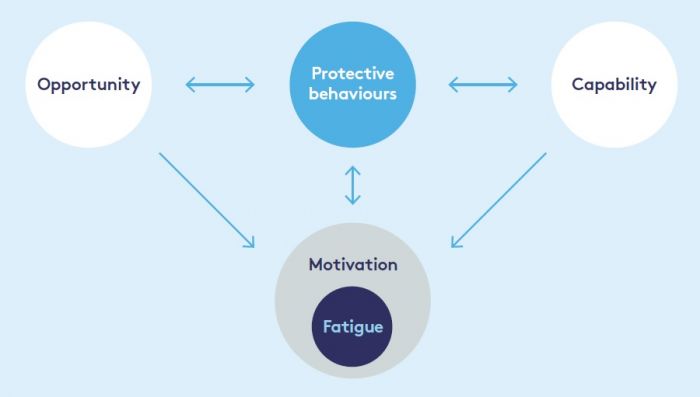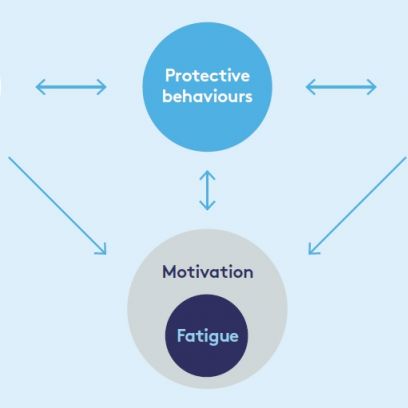The CEI-WHO Task Force converged virtually today to discuss ways the pandemic fatigue might be affecting the COVID-19 response among citizens in the CEI region.
According to the WHO’s policy framework issued in October, pandemic fatigue refers to demotivation to follow recommended protective behaviour, emerging gradually over time and affected by a number of emotions, experiences and perceptions.
Research shows that a lack of motivation is natural and expected at this stage of a crisis, but when dire circumstances drag on, a different style of coping is needed to avoid extreme pandemic fatigue. The framework also listed considerations on how to reinvigorate public support while maintaining protection actions.
It is under this backdrop that members of the CEI-WHO Task Force - including the WHO’s Behavioural and Cultural Insights Unit - illustrated ways to inform and inspire, to find creative approaches to engage people with COVID-19 and produce health messages.
Health experts stressed that first and foremost, people should be involved as part of the solution.
To this end, communication as a public health intervention has never been clearer; and in order to attract communities, measures were to be culturally acceptable. New forms of multi-sectoral cooperation should also be explored, especially with the arts, given its potential in fostering behavioural change.
Key officials shared their experiences with national campaigns and initiatives to address pandemic fatigue leading to the empowerment of the population. They emphasised that to better support vulnerable groups, joint actions were needed with Civil Society Organisations.
For more info: apuzzo@cei.int


